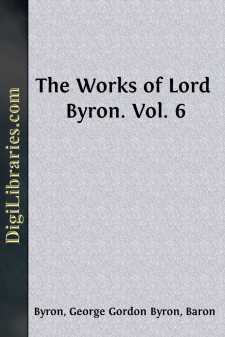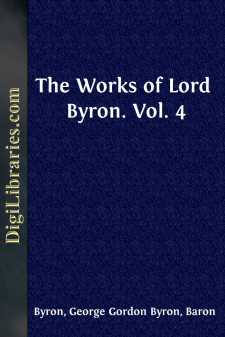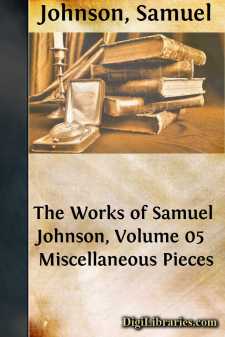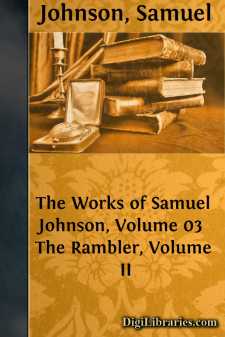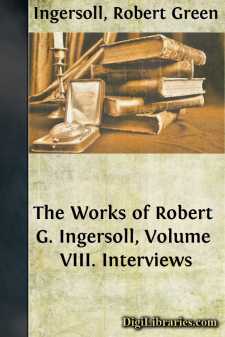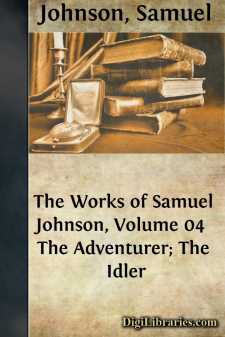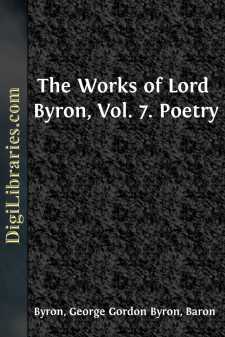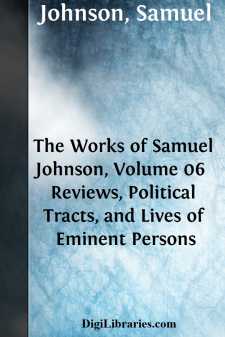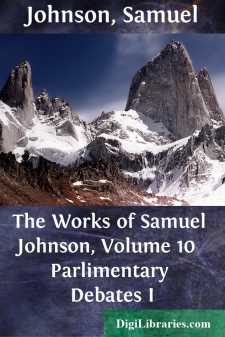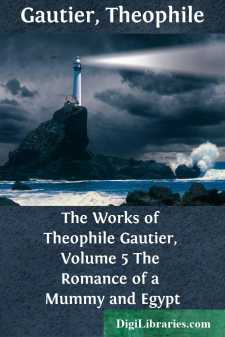Categories
- Antiques & Collectibles 13
- Architecture 36
- Art 48
- Bibles 22
- Biography & Autobiography 813
- Body, Mind & Spirit 142
- Business & Economics 28
- Children's Books 13
- Children's Fiction 10
- Computers 4
- Cooking 94
- Crafts & Hobbies 4
- Drama 346
- Education 46
- Family & Relationships 57
- Fiction 11828
- Games 19
- Gardening 17
- Health & Fitness 34
- History 1377
- House & Home 1
- Humor 147
- Juvenile Fiction 1873
- Juvenile Nonfiction 202
- Language Arts & Disciplines 88
- Law 16
- Literary Collections 686
- Literary Criticism 179
- Mathematics 13
- Medical 41
- Music 40
- Nature 179
- Non-Classifiable 1768
- Performing Arts 7
- Periodicals 1453
- Philosophy 64
- Photography 2
- Poetry 896
- Political Science 203
- Psychology 42
- Reference 154
- Religion 513
- Science 126
- Self-Help 84
- Social Science 81
- Sports & Recreation 34
- Study Aids 3
- Technology & Engineering 59
- Transportation 23
- Travel 463
- True Crime 29
Sort by:
INTRODUCTION TO DON JUAN Byron was a rapid as well as a voluminous writer. His Tales were thrown off at lightning speed, and even his dramas were thought out and worked through with unhesitating energy and rapid achievement. Nevertheless, the composition of his two great poems was all but coextensive with his poetical life. He began the first canto of Childe Harold in the autumn of 1809, and he did not...
more...
The source code for this HTML page contains only Latin-1 characters, but it directs the browser to display some special characters. The original work contained a few phrases or lines of Greek text. These are represented here as Greek letters, for example Οá¿âμοι. If the mouse is held still over such phrases, a transliteration in Beta-code pops up. Aside from Greek letters, the only...
more...
by:
Samuel Johnson
MY LORD, When first I undertook to write an English Dictionary, I had no expectation of any higher patronage than that of the proprietors of the copy, nor prospect of any other advantage than the price of my labour. I knew that the work in which I engaged is generally considered as drudgery for the blind, as the proper toil of artless industry; a task that requires neither the light of learning, nor...
more...
by:
Samuel Johnson
THE RAMBLER. No. 106. SATURDAY, MARCH 23, 1751. Opinionum commenta delet dies, naturæ judicia Confirmat. CICERO, vi. Att. 1. Time obliterates the fictions of opinion, and confirms the decisions of nature. It is necessary to the success of flattery, that it be accommodated to particular circumstances or characters, and enter the heart on that side where the passions stand ready to receive...
more...
THE BIBLE AND A FUTURE LIFE Question. Colonel, are your views of religion based upon the Bible? Answer. I regard the Bible, especially the Old Testament, the same as I do most other ancient books, in which there is some truth, a great deal of error, considerable barbarism and a most plentiful lack of good sense. Question. Have you found any other work, sacred or profane, which you regard as more...
more...
by:
Samuel Johnson
THE ADVENTURER. No. 34. SATURDAY, MARCH 3, 1753. Has toties optata exegit gloria pænas. Juv. Sat. x. 187. Such fate pursues the votaries of praise. TO THE ADVENTURER. SIR, Fleet Prison, Feb. 24. To a benevolent disposition, every state of life will afford some opportunities of contributing to the welfare of mankind. Opulence and splendour are enabled to dispel the cloud of adversity, to dry up the...
more...
Of the seventy-three "Epigrams and Jeux d'Esprit," which are printed at the commencement of this volume, forty-five were included in Murray's one-volume edition of 1837, eighteen have been collected from various publications, and ten are printed and published for the first time. The "Devil's Drive," which appears in Moore's Letters and Journals, and in the sixth...
more...
by:
Samuel Johnson
REVIEWS. LETTER ON DU HALDE'S HISTORY OF CHINA, 1738. There are few nations in the world more talked of, or less known, than the Chinese. The confused and imperfect account which travellers have given of their grandeur, their sciences, and their policy, have, hitherto, excited admiration, but have not been sufficient to satisfy even a superficial curiosity. I, therefore, return you my thanks...
more...
by:
Samuel Johnson
PREFATORY OBSERVATIONS TO THE PARLIAMENTARY DEBATES. The government of this country has long and justly been considered the best among the nations of Europe; and the English people have ever evinced a proportionate desire for information in its proceedings. But in the earlier days of our constitution, we shall find that much jealousy on the part of our rulers debarred the people from access to the...
more...
Introduction The subject of "The Romance of a Mummy" was possibly suggested to Théophile Gautier by Ernest Feydeau, the author of "Fanny" and other works of purely light literature, who published in 1858 a "General History of Funeral Customs and Burials among the Ancients." This book was reviewed by Gautier when it appeared, and it is most likely that he had been previously...
more...


